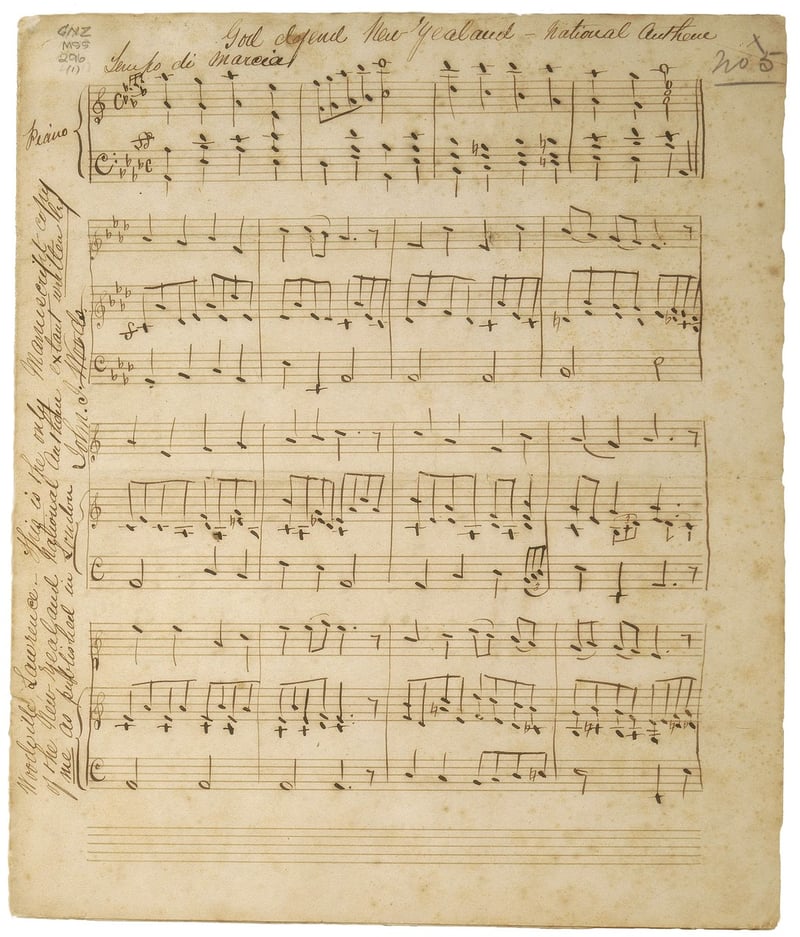Music Composer
Unleash Your Artistic Side: A Guide to Becoming a Music Composer
Are you passionate about music and looking to express your artistic side through composition? Becoming a music composer is a rewarding journey that allows you to create beautiful melodies, evoke emotions, and share your unique voice with the world. In this guide, we will explore the steps you can take to embark on this creative path.
1. Learn Music Theory
Understanding the fundamentals of music theory is essential for any aspiring composer. Familiarize yourself with scales, chords, harmony, and melody to build a strong foundation for your compositions. There are many online resources, books, and courses available to help you learn music theory.
2. Master an Instrument
While you don't have to be a virtuoso, mastering an instrument such as the piano, guitar, violin, or any other of your choice will greatly enhance your composition skills. Playing an instrument will help you experiment with different melodies, harmonies, and rhythms.
3. Experiment and Create
Don't be afraid to experiment with different sounds, styles, and genres. Let your creativity flow and compose music that resonates with you. Whether you prefer classical, jazz, electronic, or any other genre, embrace your unique musical voice.
4. Use Music Composition Software
Explore music composition software such as Ableton Live, Logic Pro, or Sibelius to bring your musical ideas to life. These tools offer a wide range of features to help you notate, arrange, and produce your compositions effectively.
5. Seek Feedback and Collaborate
Share your compositions with friends, fellow musicians, or online communities to receive feedback and improve your craft. Collaborating with other musicians can also provide new perspectives and inspiration for your music.
6. Study the Works of Great Composers
Listen to the works of renowned composers across different eras and genres. Studying pieces by composers such as Beethoven, Mozart, Bach, or contemporary composers can inspire and educate you on various compositional techniques.
7. Practice, Practice, Practice
Like any art form, music composition requires practice and dedication. Set aside time each day to work on your compositions, experiment with new ideas, and refine your skills. The more you practice, the more your unique style will emerge.

Embarking on the journey to become a music composer is a fulfilling and creative endeavor. By learning music theory, mastering an instrument, experimenting with different styles, using composition software, seeking feedback, studying great composers, and practicing consistently, you can hone your skills and create music that speaks to the soul.
So, grab your instrument, unleash your creativity, and start composing your musical masterpieces today!
